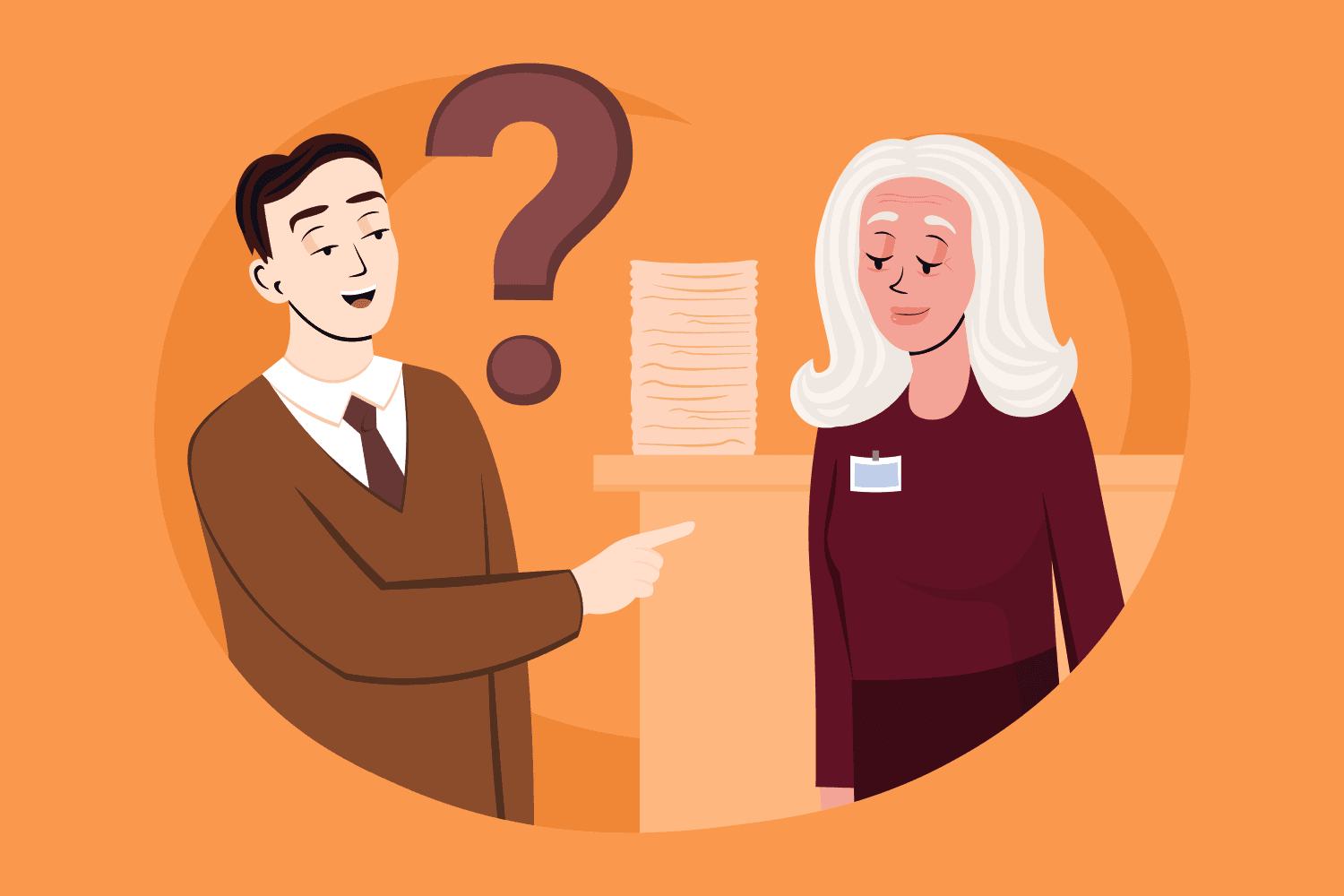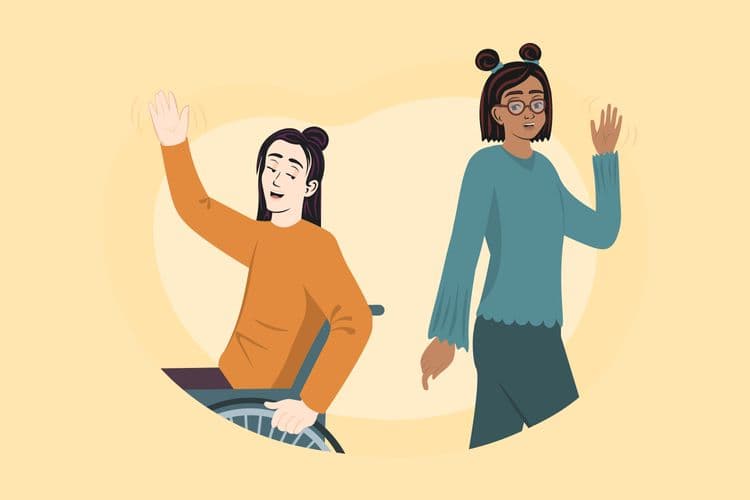What Does “Unnie” Mean in Korean

Contents
Key Takeaways
- “Unnie” (언니) means “older sister” when spoken by a female to an older female, but it can also imply friendship and closeness.
- Honorifics, such as “unnie,” are terms used to address someone respectfully in Korean, demonstrating politeness and social awareness.
- The term "unnie" is gender-specific, meaning it can only be used by women, for women. Men use "noona" to refer to an older female.
- Understanding the differences between “unnie,” “oppa,” “noona,” and “hyung” helps you communicate clearly and prevent cultural misunderstandings in Korean.
Watch a lot of K-drama or listen to K-pop? Join the club. As you consume your favorite media, you’ve probably heard your fair share of “unnie.” But what does unnie mean in Korean? Translating to “older sister,” the term is an honorific, so it carries cultural weight and reflects how relationships are perceived in Korean culture. And understanding Korean honorifics is crucial to learning this beautiful language.
Politeness is necessary in all languages. However, as you start to learn basic Korean, you’ll find that it goes beyond 'pleases' and 'thank yous.' Honorifics are a way to address someone, signifying good manners, social hierarchy, intimacy, and respect, which helps you build and maintain relationships.
Since your age and social status directly influence the way you speak to other people in Korean, using the right honorific shows that you're culturally aware. When we refer to someone as "unnie" as an honorific, using it correctly is a sign of respect and a polite way to express emotional closeness to the person you're speaking to.
What Does “Unnie” Mean in Korean?
So, what does unnie mean in Korean? In its literal translation, unnie (언니) means “older sister” (just with a few sneaky caveats). In Korea, only females can use the term "unnie." Men, on the other hand, should use "noona." Secondly, when a female says it, it doesn't have to be directed only towards her older sister—you can use it to refer to close friends, other family members, or even admiration of your favorite older female celeb.
Once you learn the Korean language, you might use unnie when you talk to:
- An older sister.
- An older female friend.
- An older female colleague you’re close to.
- An older waitress at a cafe.
- Your friends or fellow fans when you’re stanning your favorite female idol.
Here’s an example of a female talking to her old female coworker:
- 지영 언니, 오늘 같이 점심 먹을래요? (Jiyoung unnie, do you want to have lunch together today?)
Understanding the nuances of when to use it and who can use it will help you show respect and cultural awareness. Both are extremely important when you speak Korean.
1
Who Can Use “Unnie” in Korean and When?
Not to gatekeep this fun term, but not everyone can say “unnie.” As we explained earlier, the word is gender and age-specific, used only by female speakers talking with another older female. And it's typically only used in casual or friendly contexts. So, if you use it in the wrong setting or towards the wrong person, there's a chance you'll come across as rude or overly familiar.
Still not sure if you should use unnie in Korean? Here are a few things to check off first:
- You’re female.
- The person you’re talking to is also female.
- They're older than you by at least a year. Be cautious not to guess someone's age based on appearance, as this could lead to an even bigger faux pas.
- You’re close or friendly with the person you’re speaking to.
As a Korean speaker, you should avoid “unnie” if:
- You’re talking to a male. Instead, use “oppa” or “hyung.” (More on that later.)
- You’re older than the other female you’re talking to.
- It's a formal situation, or when you're not that close with the female you're talking to. In this case, titles like 선생님 (teacher) are better.
We get it. This one simple term comes with a lot of rules to learn. However, comparing them to other Korean honorifics can help.
“Unnie” vs. Other Korean Honorifics

Telling your “unnie” from other Korean honorifics like “oppa,” “noona,” and “hyung” can feel tricky at first. But for the most part, it depends on the gender of the speaker and the listener, with a few minor exceptions. To avoid any awkward mistakes and know exactly what to say and to whom, here's how “unnie” in Korean compares to other honorifics.
“Unnie” vs. “Noona”
“Unnie” (언니): female → older female.
“Noona” (누나): male → older female.
For example:
- Female to older sister: "언니, 같이 가자." (Unnie, let's go together.)
- Male to older sister: "누나, 같이 가자." (Noona, let's go together.)
“Unnie” vs. “Oppa”
“Unnie” (언니): female → older female.
“Oppa” (오빠): female → older male.
For example:
- Female to older female friend: "지은 언니, 오늘 저녁 같이 먹을래요?" (Jieun unnie, do you want to have dinner together tonight?)
- Female to older male friend: "민수 오빠, 이 노래 알아요?" (Minsu oppa, do you know this song?)
“Unnie” vs. “Hyung”
“Unnie” (언니): female → older female.
“Hyung” (형): male → older male.
For example:
- Female to older female friend: "수진 언니, 이 책 빌려줄 수 있어요?" (Sujin unnie, can you lend me this book?)
- Male to older male friend: "동현 형, 같이 운동하러 갈래?" (Donghyun hyung, do you want to work out together?)
Need a quick reminder? This table shows what to say and to whom:
| Speaker | Listener | Term to use |
| Female | Older female | 언니 (unnie) |
| Male | Older female | 누나 (noona) |
| Female | Older male | 오빠 (oppa) |
| Male | Older male | 형 (hyung) |
How to Use “Unnie” in Real Situations
Thankfully, "unnie" is a phrase that naturally appears in many aspects of daily Korean life, including friendly workplace banter or chatting with your family. Once you know the basics of how to use “unnie” in Korean, you can start sliding it into real situations. Like this:
- Family: When you're calling your older sister to your room: "언니, 숙제 도와줄래?" (Unnie, can you help me with my homework?)
- Friends: When a female is telling their older female friend that she's feeling bored: "수진 언니, 오늘 영화 볼래요?" (Sujin unnie, want to watch a movie today?)
- Work: In the office with your work bestie: "민지 언니, 커피 마시러 갈까요?" (Minji unnie, shall we go get coffee?)
- Fan Culture: A fan meeting her female idol: "아이유 언니, 사랑해요!" (IU unnie, I love you!)
For fans of K-dramas and K-pop, you’d be well-versed in the “unnie” meaning in Korean. Often, female characters say it to show closeness, or female singers use it on and off stage, including:
- Crash Landing on You, female characters refer to close older female friends as "unnie." Or, in the recent season of Squid Game, we heard it in this dramatic scene.
- K-pop, when girl group members often address older members as “unnie” in interviews or when they meet fans. Need another excuse to consume more BLACKPINK? Here are the girls showing how they use it.
As well as being downright entertaining, your favorite music and TV shows can serve as learning resources. But not as iconic as Promova, of course.
Learn More Korean Honorifics with Promova
Grasping the “unnie” meaning is just the beginning. The Korean language has a whole stack of honorifics to learn for every type of situation and conversation. To help you make sense of what’s what, Promova’s Korean course breaks it down into easy, bite-sized lessons.
You’ll sound natural and confident as you speak Korean, because we make it possible with:
- Fun, short lessons that fit your daily routine.
- Context-based and interactive grammar lessons for learning English, so you can apply it in the real world. Learn other languages, including Spanish, Korean, and French.
- Opportunities to practice conversations with our AI language tutor.
- A bunch of special topics, like Basic Korean for Travel. You’re no one-trick pony.
Our Korean language learning app can help you tell your “unnie” from your “oppa”. Start mastering Korean today.
Final Thoughts
What does “unnie” mean in Korean? As you can see, it’s so much more than a word. “Unnie” is a beautiful way to show that you respect someone, their age, and your relationship with them. As a learner, it shows that you understand the significance of respect in the Korean language.
Learn how to use “unnie” meaning correctly, along with other Korean honorifics, and you’ll sound more natural, avoid misunderstandings, and never skip a beat in the latest K-drama episode. Do it with Promova, and you’ll be on your path to mastering Korean.
FAQ
What does "unnie" in Korean mean?
“Unnie” (언니) means "older sister" in Korean, and a female speaker would use it when they address an older female. You can also use "unnie" for close older female friends or admired female celebrities, but only females should ever use it.
What is the difference between noona and unnie?
“Noona” is a Korean word used by men to address an older female, and “unnie” is used by women to address an older female. Both terms mean “older sister” in their respective contexts, but can also be applied to females close to the speaker.
Is “unnie” used for someone older or younger?
The Korean word “unnie” should only be used for someone older than the speaker, and typically by at least one year. Using it for someone younger would be incorrect and potentially disrespectful or rude.
Can foreigners say "unnie"?
Yes, a foreigner speaking the Korean language can say "unnie," as long as they follow the same gender and age rules as native speakers. Many foreign K-pop fans affectionately use the term for their favorite idols.



Comments